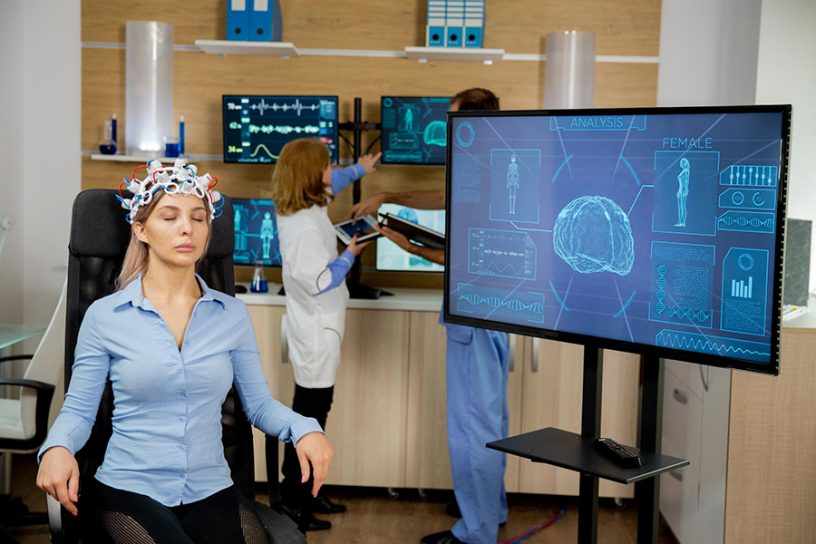
The paper suggests that the standard of care principles in the common law tort of negligence must offer a fault-based system which is sufficiently adaptable to allow for the application of developments in AI in healthcare and addresses the problems that arise as the technology advances.
Author
Dhruv Mehta, Jindal Global Law School, O.P. Jindal Global University, Sonipat, Haryana, India.
Summary
AI has developed from a basic set of “if, then rules” to more sophisticated algorithms that function similar to the human brain. Applications of AI in medicine have grown since the introduction of ML and DL, opening the door to individualised treatment rather than medicine just based on algorithms. The application of AI in medicine is in both diagnostics and surgery. This paper helps analyse the role of Artificial Intelligence in healthcare especially diagnostics and surgery. It also explores the role of AI in medical negligence.
Part 1 talks about the application of ML and DL in healthcare, Part 2 analyses the test for medical negligence and Part 3 analyses the coexistence of AI and medical negligence. Part 4 examines the inclusion of innovation in AI in the tort of medical negligence. Lastly, Part 5 examines the ways in which liability can be assigned and provides for a theoretical framework.
The paper concludes by providing a suggestion that the standard of care principles in the common law tort of negligence must offer a fault-based system which is sufficiently adaptable to allow for the application of developments in AI in healthcare and addresses the problems that arise as the technology advances.
Published in: Liverpool Law Review
To read the full article, please click here.


